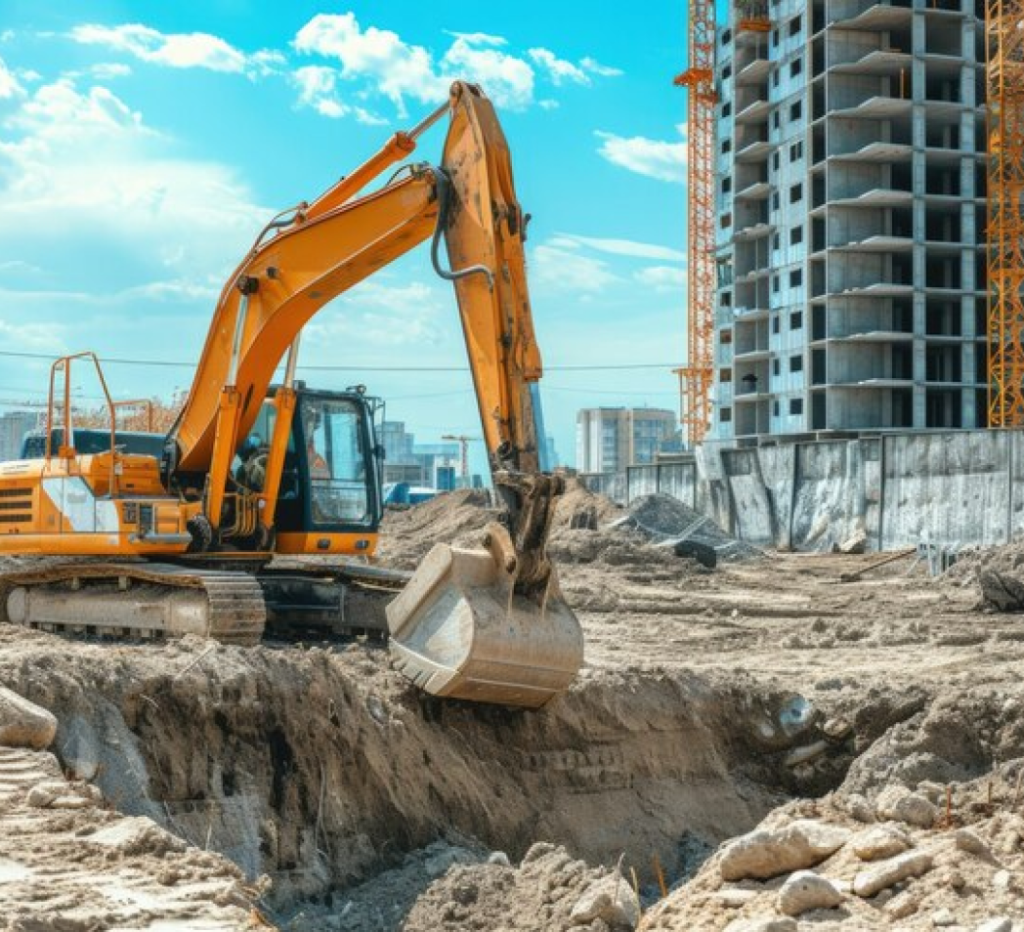Are you dreaming of transforming that unused basement into a cozy living space or a functional office? Finishing your basement can add value to your home and provide much-needed extra space. But before you start knocking down walls and picking out paint colors, it’s crucial to understand the legal requirements involved. In Canada, basement renovations must comply with local building codes and regulations to ensure safety and legality. This guide will walk you through everything you need to know to finish your basement in Canada legally.
Check local building codes.
Every city or town in Canada has its building codes and rules. These codes ensure that all construction is safe. Visit your local municipal office or their website to find out what specific requirements you need to meet.
Get a building permit
In most places, you’ll need a building permit before you start any major work. This permit is a way for the city to keep track of construction and make sure everything is safe and up to code. Applying for a permit usually involves submitting your plans and paying a fee.
Plan your layout
Think about how you want to use your basement. Will it be a bedroom, a bathroom, a living area, or a combination? Make sure your plans include enough space for windows and doors. You’ll also need to plan for heating, electrical outlets, and plumbing if you’re adding a bathroom or kitchen.
Ensure proper egress
For safety reasons, finished basements must have a way to exit directly to the outside in case of an emergency. This usually means having a window large enough to climb out of or a door leading directly outside. Check local codes for the exact requirements.
Hire a professional if needed
If you’re not comfortable doing the work yourself, hire a professional. Contractors know the ins and outs of local building codes and can help you navigate the permit process. They can also ensure the work is done safely and correctly.
Consider Waterproofing
Basements are prone to moisture and water issues, which can lead to mold and damage. Before you start finishing your basement, consider waterproofing measures. This could include installing a sump pump, sealing any cracks in the foundation, or applying a waterproof coating to the walls and floor.
Insulate Properly
Proper insulation is key to making your basement comfortable year-round. Use insulation that is appropriate for basement walls to keep the space warm in winter and cool in summer. Don’t forget to insulate the floors if you’re planning to put down flooring.
Electrical Work
When adding electrical outlets, lighting, and other electrical components, make sure to follow the local electrical code. It’s often best to hire a licensed electrician for this part of the project. They will ensure that everything is installed safely and can handle the load of any appliances or electronics you plan to use.
Plumbing Considerations
If your basement renovation includes a bathroom, laundry room, or kitchen, you’ll need to plan for plumbing. This might involve installing new pipes and drains. Similar to electrical work, it’s wise to hire a professional plumber to ensure everything is up to code and installed correctly.
Ventilation and heating
Proper ventilation is important to prevent moisture buildup and to keep the air fresh. You might need to install a ventilation system or upgrade your existing one. Additionally, ensure your basement has adequate heating. This could mean extending your current HVAC system or adding electric baseboard heaters.
Furnishing Your New Space
Once all the construction is done, it’s time to furnish your new basement space. Think about the purpose of each area. If it’s a family room, you might want a comfy sofa and entertainment center. For a home office, invest in a good desk and ergonomic chair.
Inspections
Throughout the construction process, you’ll need to have inspections done by local building officials. These inspections ensure that the work meets all safety and building standards. Usually, you’ll need inspections for framing, electrical work, plumbing, and a final inspection once everything is done.
Final Touches
Once you’ve passed all inspections, you can finish up with paint, flooring, and decorating. Make sure everything is in place, and enjoy your new spaces. By following these steps, you can legally finish your basement and create a great new space in your home. Remember, taking the time to do it right will not only keep you safe but can also add value to your property. Happy renovating!

